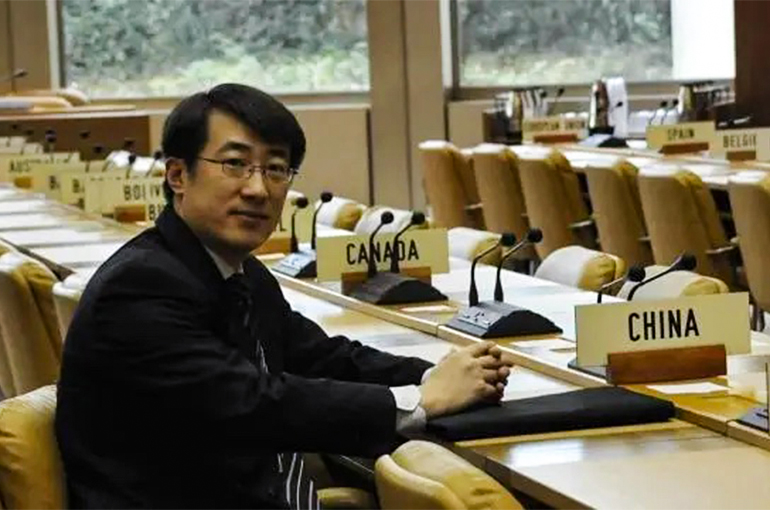 Disputes Over Trade-Related Climate Measures to Roll On, Specialist Says
Disputes Over Trade-Related Climate Measures to Roll On, Specialist Says(Yicai) Aug. 7 -- China has turned to the World Trade Organization’s dispute settlement mechanism to safeguard the rights and interests of its new energy vehicle industry. On July 15, China asked the WTO to set up a panel to investigate the United States’ use of its Inflation Reduction Act to target Chinese NEVs.
Yicai has learned from authoritative sources that China’s challenge with the WTO focuses on the clauses on subsidies in the IRA that are explicitly prohibited by the WTO, including those for domestically produced goods only or those that discriminate against products made in China.
Ji Wenhua, a professor at the Beijing Open Economy Research Institute and Law School of the University of International Business and Economics, told Yicai that there is a lot of uncertainty and disputes in this area are set to continue for some time.
Yicai: Some provisions of the IRA are unquestionably inconsistent with the WTO’s Trade-Related Investment Measures. What makes this dispute case particularly complex?
Ji Wenhua: Although some of the IRA’s claims seem to clearly violate WTO rules such as the TRIMS Agreement, these have not yet become authoritative rules and there has not been a clear determination by the WTO dispute settlement mechanism. In terms of procedures, WTO members cannot take trade retaliatory measures by determining individually that other members have violated the rules.
This is also the reason why China filed this case. China’s appeal to the WTO dispute settlement mechanism reflects respect for the WTO rules, and if it obtains an authoritative WTO ruling in the future, China’s challenge to the relevant discriminatory measures of the US side will be better grounded in legal theory and international morality.
Yicai: China has asked the WTO to set up a panel. What will happen next?
Ji: There would normally be one or two Dispute Settlement Body meetings. China’s first request was blocked by the United States at the meeting on July 26, so the panel will be established at the meeting of the Dispute Settlement Body where China makes its second request. Then the three members of the panel will be determined by the WTO Secretariat and the parties to the dispute.
The panel will follow the set procedures, holding hearings and writing a report. It usually takes nine to 12 months from the establishment of the panel to the release of the final report. If any side of the dispute is unsatisfied with the report of the panel, it may appeal to the Appellate Body within 60 days of the report being released and before it is adopted by the Dispute Settlement Body.
Yicai: In recent years, there have been more trade-related climate measures, along with more and more related controversies. What will be the future trends in dispute settlement, negotiation, and reform of such measures in the WTO?
Ji: For the WTO, the goal is to establish a complete framework or agreement to deal with climate change as soon as possible. There have been no concrete proposals yet, but conceptual discussions are ongoing. Therefore, doubts and challenges from all sides are likely to continue at this stage.
The solution to this problem will take time, as well as wisdom and a proper international environment, and one single member cannot push through a particular measure. So the arguments over this may continue for some time. Countries will keep taking measures that benefit themselves while challenging those put forward by other members.
Editor: Tom Litting